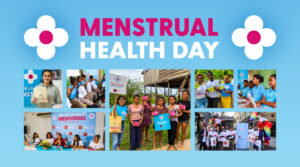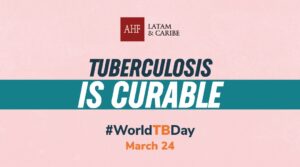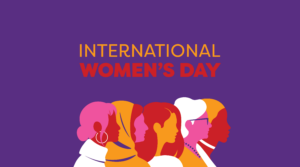Although the current outbreak of Monkeypox or mpox is affecting men who have sex with men (MSM) to a greater extent, this is not the only group of the population that is at risk.
In the same way that this message has had to be repeated for decades, in connection with the HIV pandemic, anyone who is sexually active without protection is at risk of contracting infections.
Mpox in particular is not a virus that is transmitted exclusively through sexual intercourse, but it has been observed that in this outbreak, which began around May of this year, the main factor of contagion has been sexual activity.
This is why we must recognize that anyone could get the infection, which causes symptoms such as fever, swollen lymph nodes, exhaustion, muscle aches, headache, and a rash at the site of the infection (which spreads easily to other areas of the body).
Why is mpox a concern?
Like HIV and other sexually transmitted infections, mpox is not about gender, but about sexual practices. A high number of sexual partners also increases the risk of contracting mpox.
Both women and men need to be vigilant to avoid transmission, as unfortunately in this case the condom does not provide effective protection against mpox. This is because the virus is transmitted mainly by two routes:
• By respiratory droplets expelled by the affected person (when speaking, sneezing or coughing)
• By coming into contact with the active lesions or scabs on the skin of someone who is sick. This does not happen only during sex, but also when touching the clothes or kitchen utensils used by that person.
In the cases registered in the current outbreak, which currently affects a large part of the world, it has been observed that the lesions can be very painful, since they are located mainly in the genital or anal area.
But in the specific case of women, another concern is the effects that Monkeypox can have in the long term, during a pregnancy, since the fetus can suffer congenital damage, neurological syndromes, abortions and other pregnancy problems.
Looking for more answers
In the current context against mpox, a group of scientists set out to study how cases of this infection are occurring in both cisgender women and transgender women.
The study, published in The Lancet medical journal, describes 136 cases in women, as well as some non-binary people, from 15 countries. 45% of these women were Latina, 29% were white, and 21% were of African descent.
The results were different for cisgender women and Trans women. Of the former, it is believed that 61% acquired mpox through sexual contact, while for the latter, the number of sexual transmission was 89%.
Trans women reported having an average of 10 sexual partners in the past three months, while cisgender women had an average of one sexual partner. In addition, more than half (55%) of Trans women said they did sex work, and only 3% of cisgender women were engaged in that activity.
Only cisgender women were suspected of having acquired mpox in non-sexual situations, mainly contact within the home (10%), close non-sexual contact (10%), and occupational exposure, since they were health workers (5%). However, he highlighted the fact that, although almost 25% of cisgender women had boys or girls living in the same house, only 2 children acquired mpox. This suggests that the transmission chains were “very limited,” the researchers said.
All these data shed light on how this virus is moving among women who, although to a lesser extent, are also being affected. Furthermore, this information will help prevent “women from being left behind, as is often the case with other diseases,” said study co-author Dr. Boghuma Titanji.
It is better prevent
As a woman (whether cisgender or Trans) it is better that you are aware of mpox and take into account the factors that can expose you to contagion: high number of sexual partners and contact with an infected person. If you have a stable, monogamous partner, talk to them and emphasize the importance of not having relationships with other people, as this could open the door to infection.
At AHF Latin America and the Caribbean we know that it is better to be safe than sorry for any sexually transmitted infection, including HIV. We invite you to take a free screening test and thus take good care of your own health. Come to our offices, we are in 11 countries in the region.







